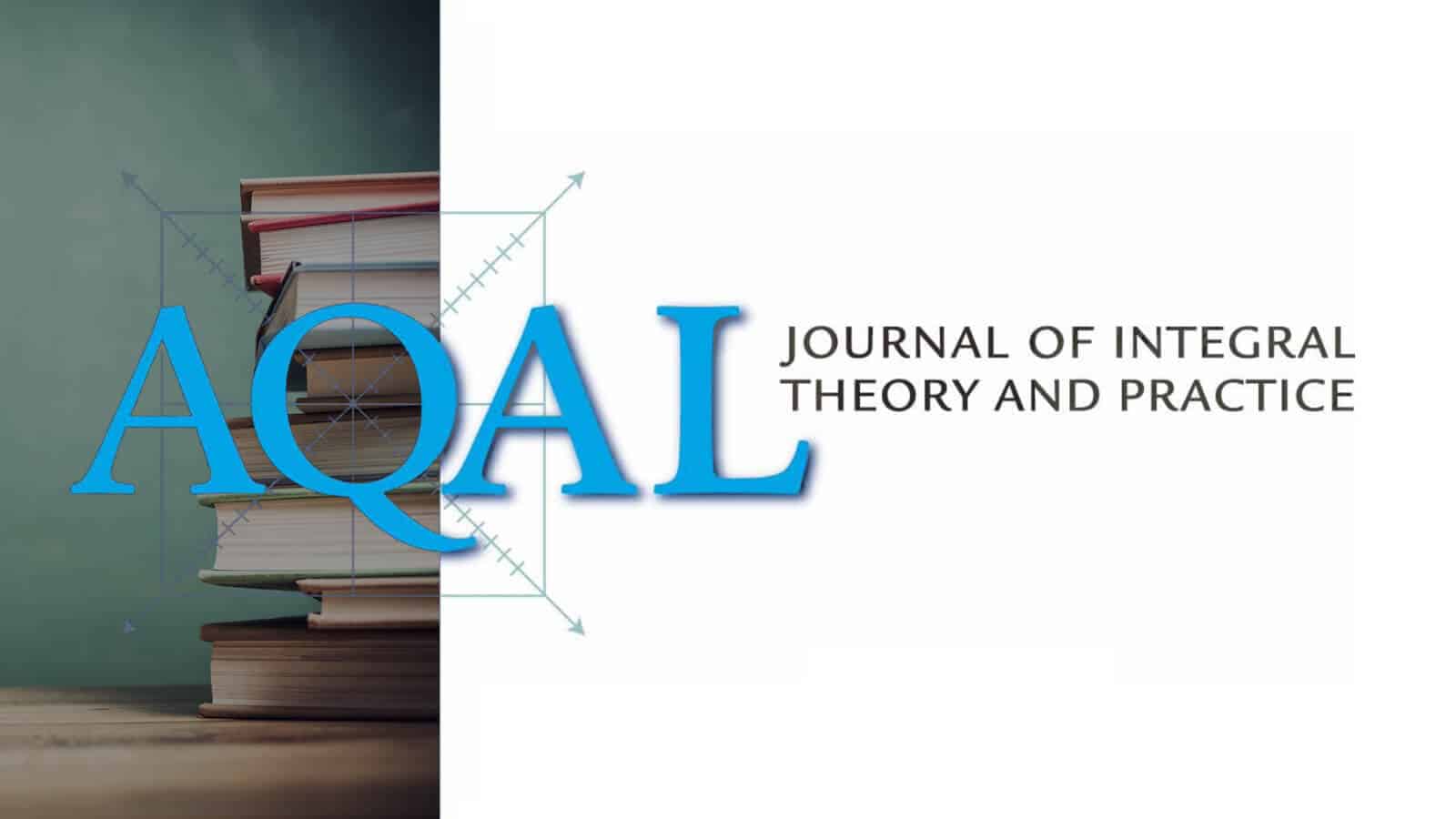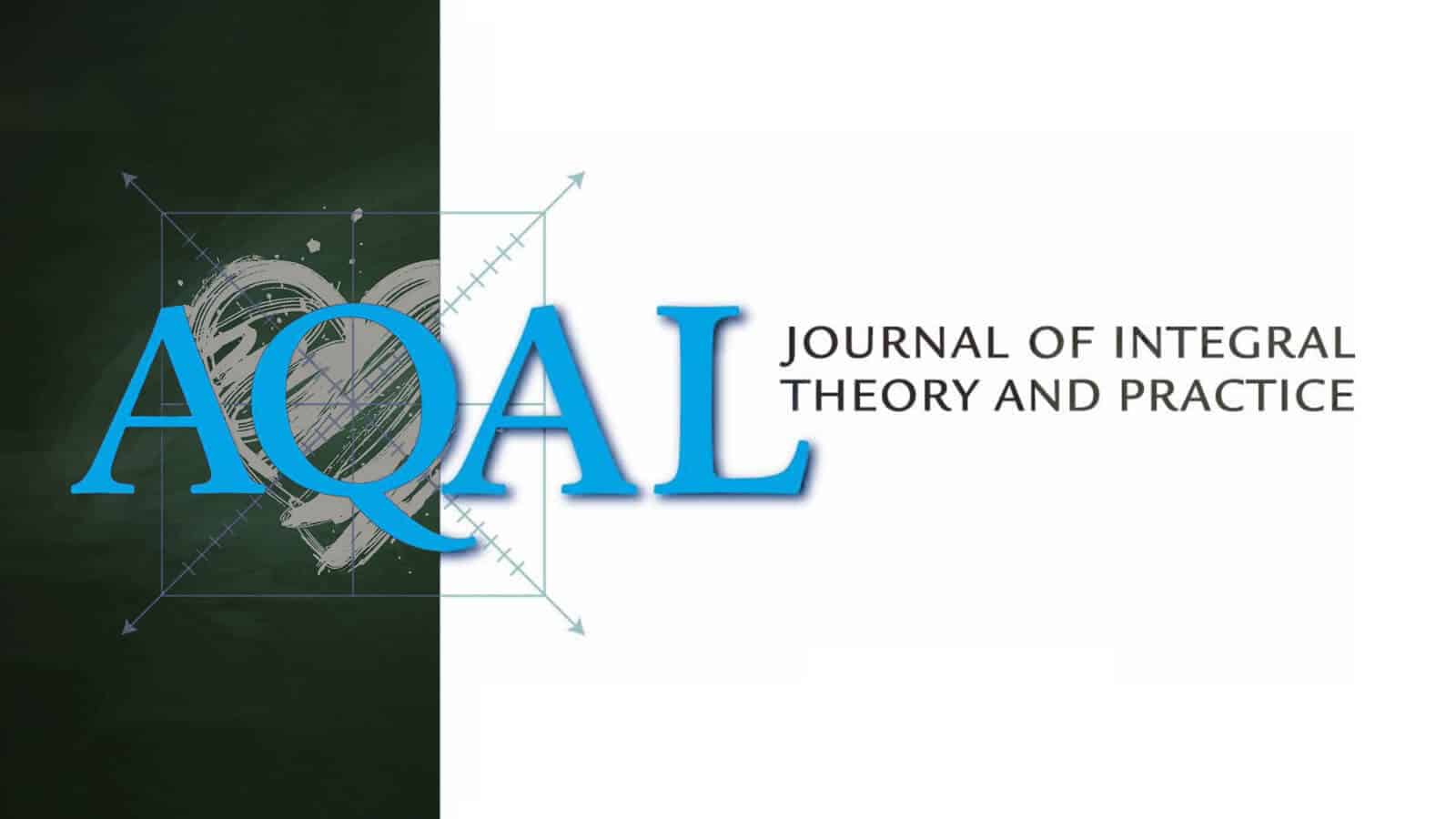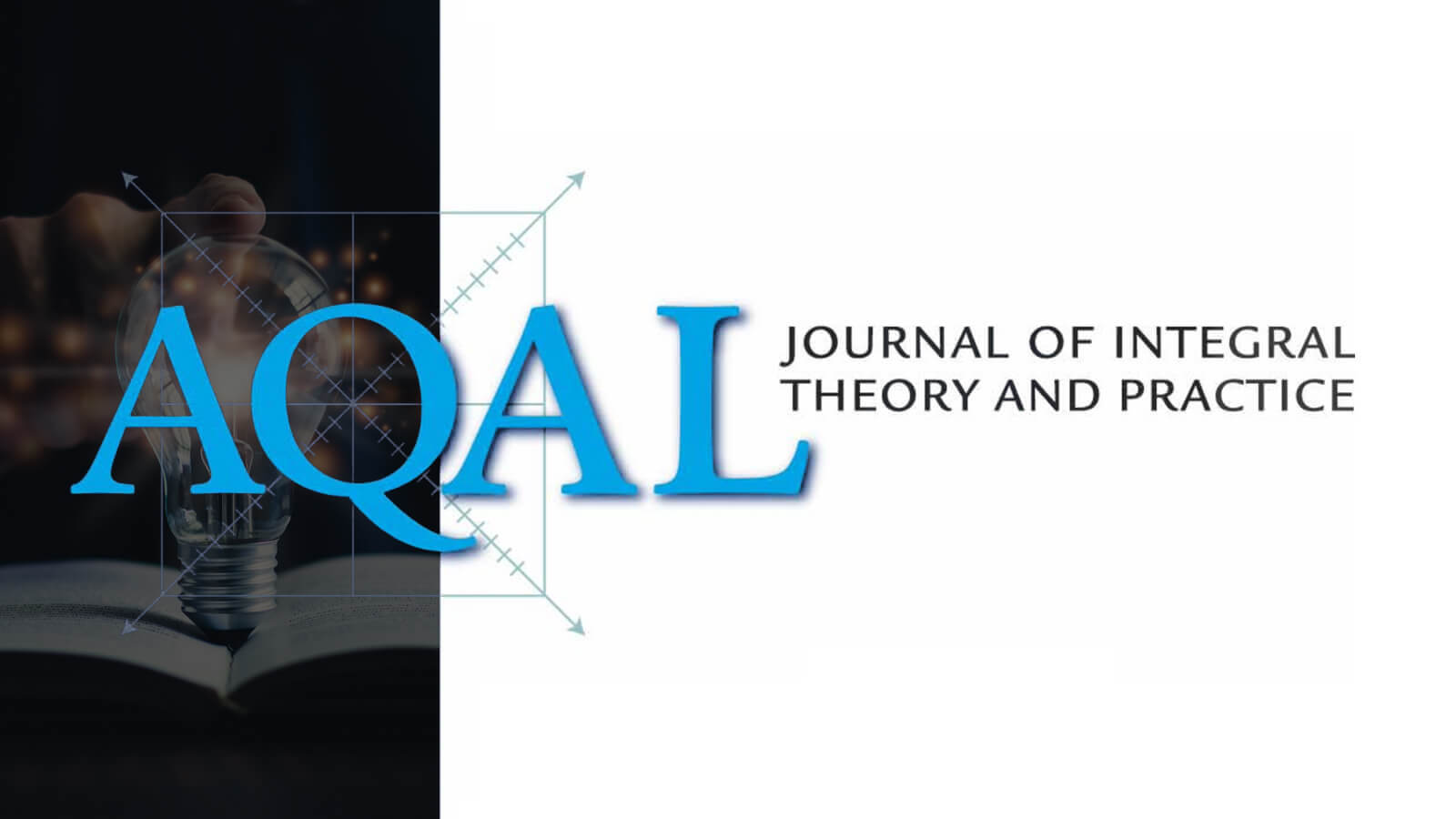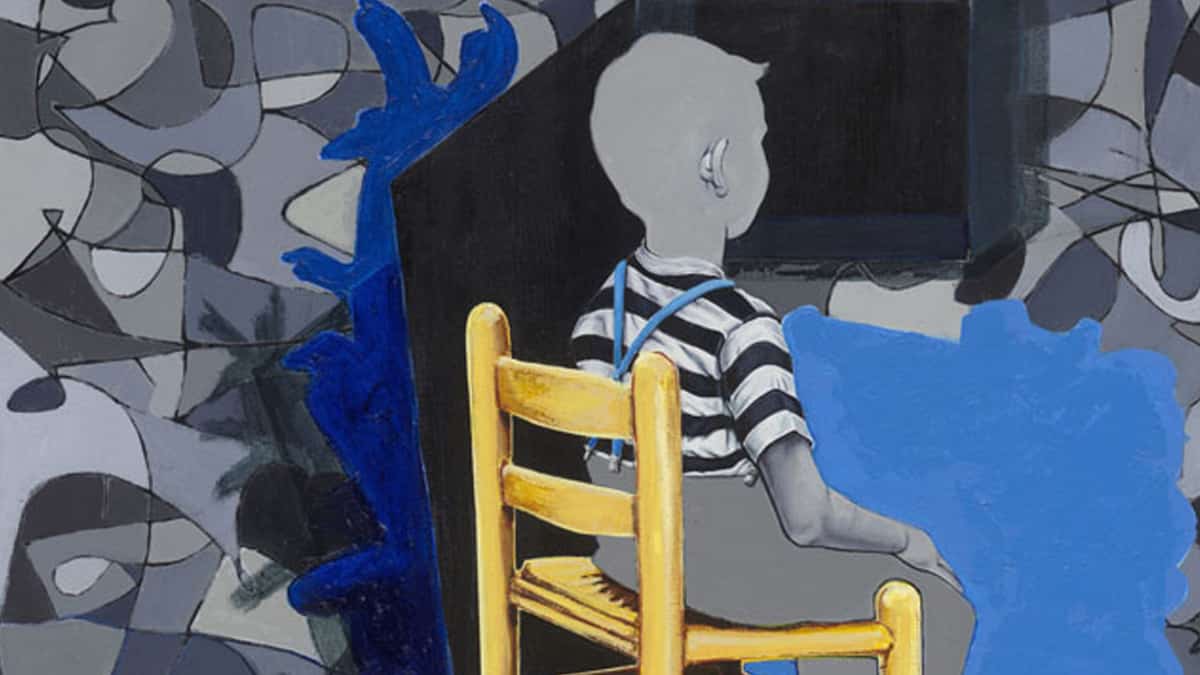This article explores why focusing on the subject matter alone in the student/teacher relationship is a restrictive and non-comprehensive approach to higher education. Such a narrowly focused relationship seems to impede the overall health and development of both the teacher and student. The process of avoiding so much of our lives “to teach” leaves many dissatisfied and thirsting for something deeper and more whole.
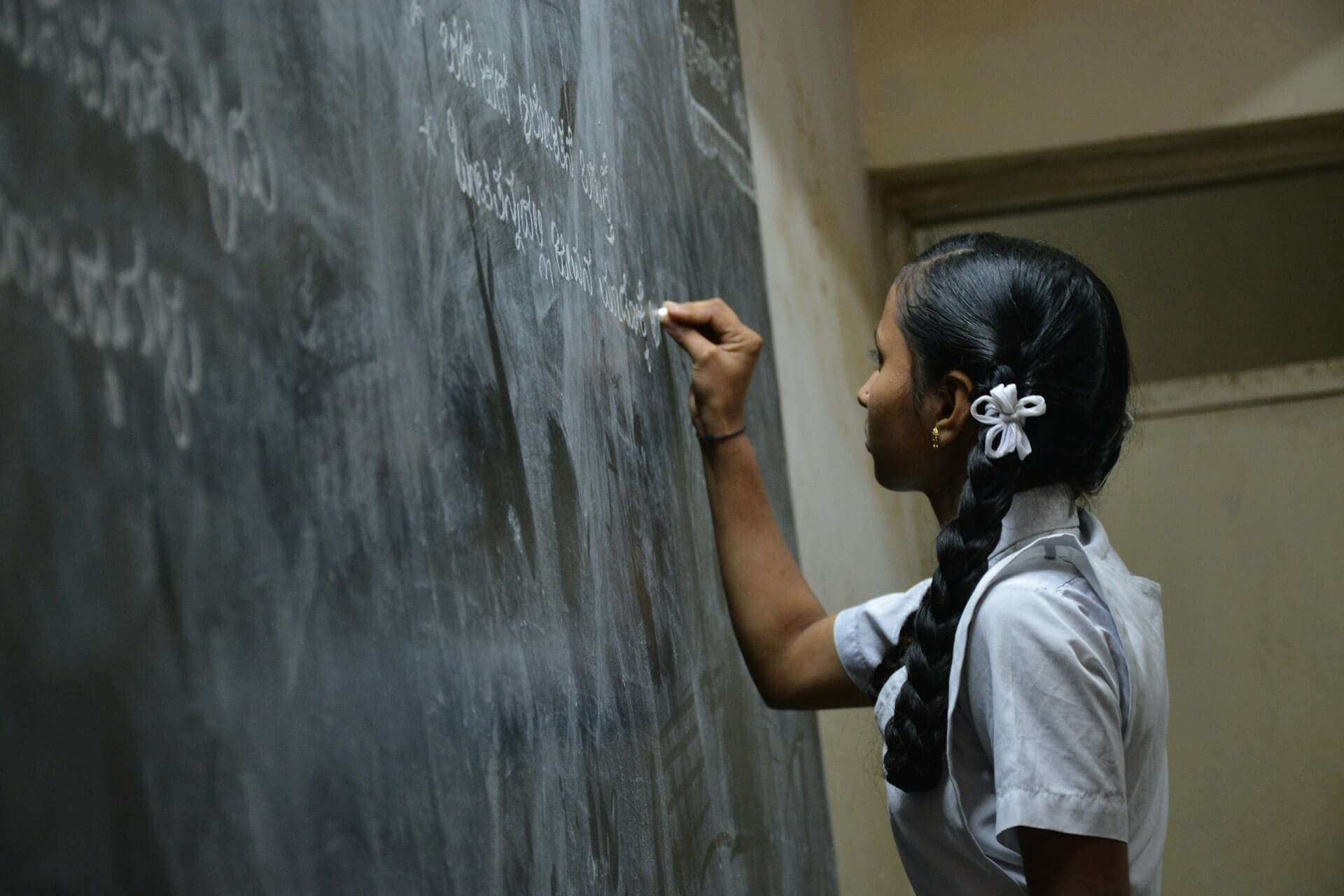
Education
“The goal of early childhood education should be to activate the child’s own natural desire to learn.” – Maria Montessori
Integral Education reimagines learning as a path of wholeness, one that cultivates not only knowledge, but also meaning, character, and the ability to thrive in a complex world.

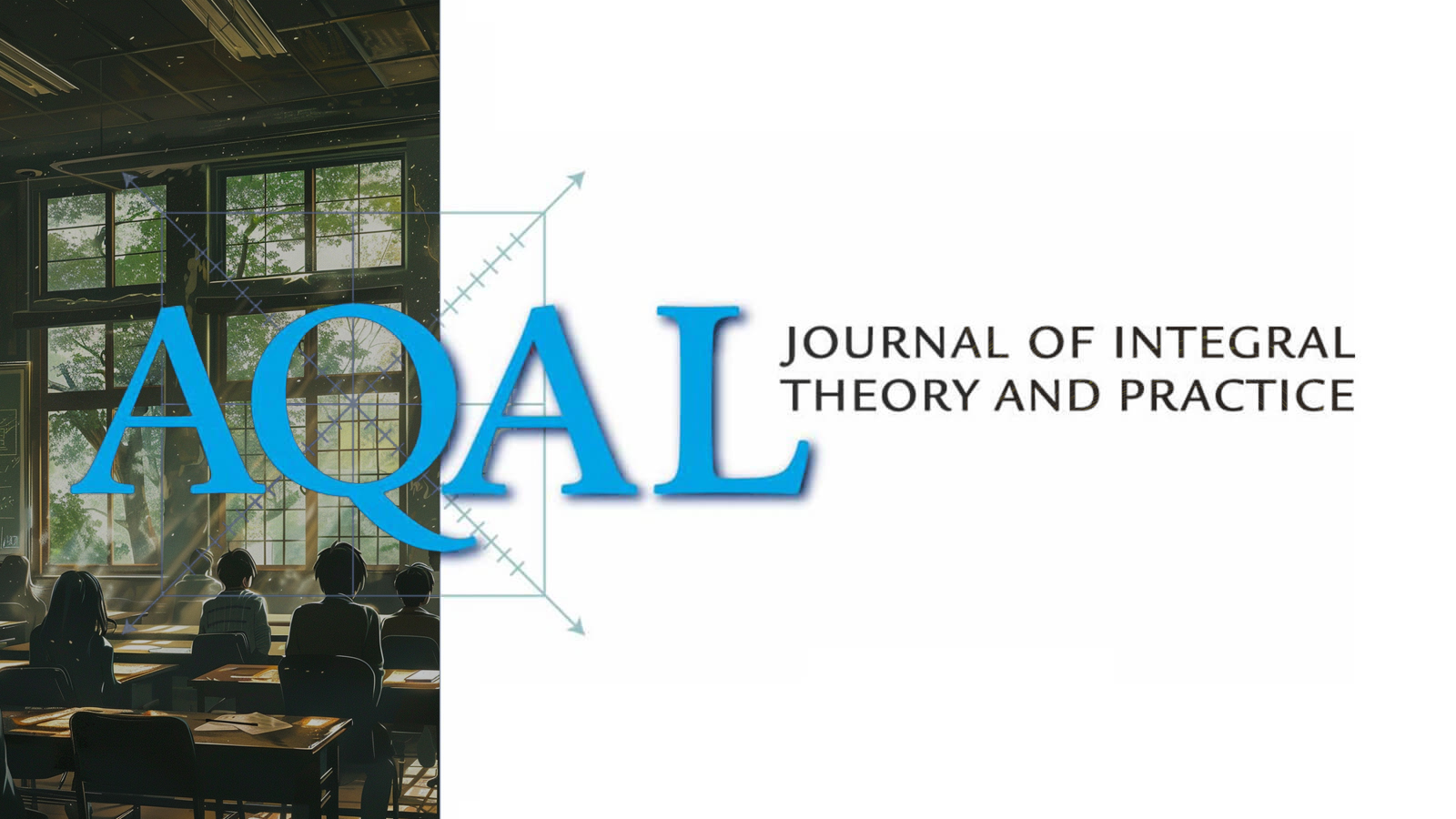
 May 10, 2024
May 10, 2024 
